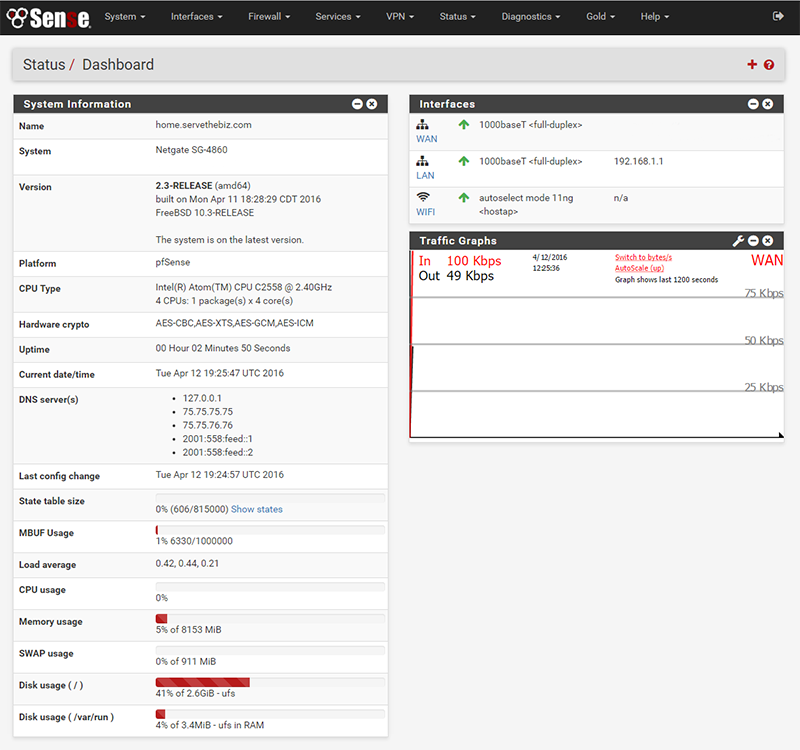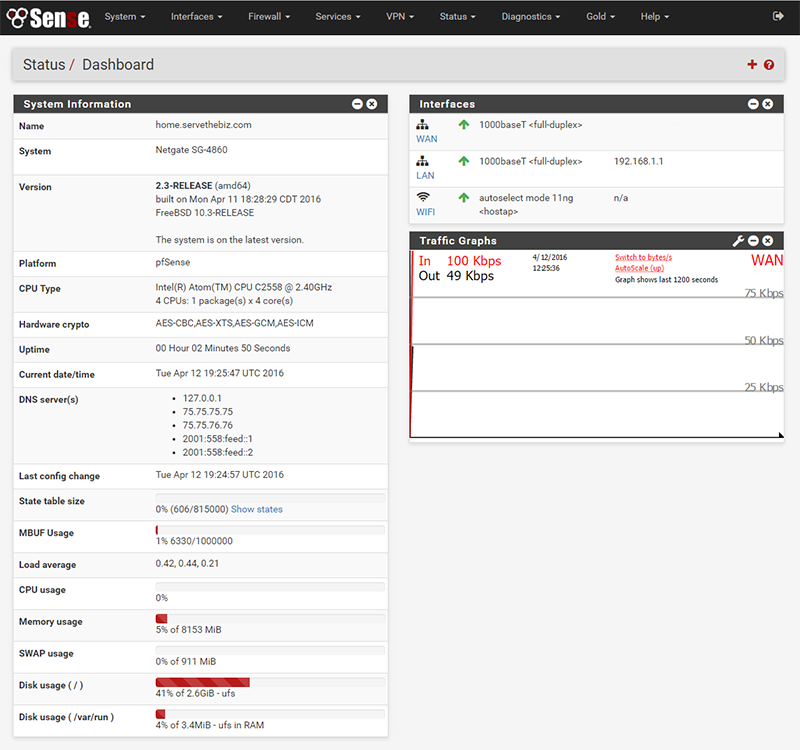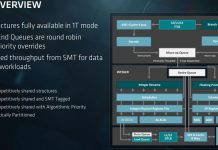We received word that the popular pfSense networking appliance package has moved to the Apache 2.0 License. Products like pfSense often rely both upon commercial support (paid developers) and user contributions. As such, the license is important as there are contributions from multiple sources. While pfSense is unlikely to see a licensing spat like Canonical / Ubuntu and OVH/ Dreamhost, there have been projects such as OPNsense that are “forks” of pfSense and who are removing copyright information. At the end of the day, if you are downloading and running pfSense, there should be very little difference for you. If you are actively contributing, we may suggest assessing the impact of the license update.

Here is the Apache 2.0 License release from the pfSense blog:
… pfSense is moving to the Apache License 2.0 in order to align the goals of the project with other (unannounced) offerings from Netgate. The Apache License 2.0 is a permissive license similar to the MIT License. The main conditions of this license require preservation of copyright and license notices.
Where the 2-Clause and 3-Clause BSD licenses provides no direct language around the areas of copyright, patents and trademarks, the Apache License does. The Apache License is very clear that individual contributors grant copyright license to anyone who receives the code, that their contribution is free from patent encumbrances (and if it is not, that they license that patent to anyone who receives the code,) and that use of Trademarks extends only as far as is necessary to use the
product. As a reminder, only genuine pfSense software can bear the registered trademark of pfSense. It also includes a patent termination clause, should a lawsuit arise.
The Apache License 2.0 is the third most popular license on github. Android, Apache, Chef,Docker, OpenStack, Salt Stack, and Swift use the Apache License 2.0.
Source: pfSense moves to Apache License





“there have been projects such as OPNsense that are “forks” of pfSense and who are removing copyright information”
Can you elaborate on your unsubstantial claims? You’re intentionally damaging reputation here where the original blog posting made no mention of such claims. ;)
Cheers,
Franco on behalf of OPNsense
The claim is not “unsubstantial”, there is adequate evidence that the OPNsense project removed copyright from pfSense.